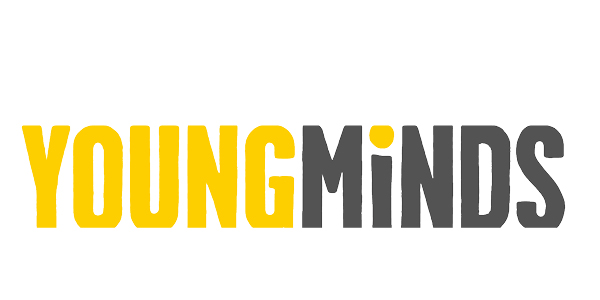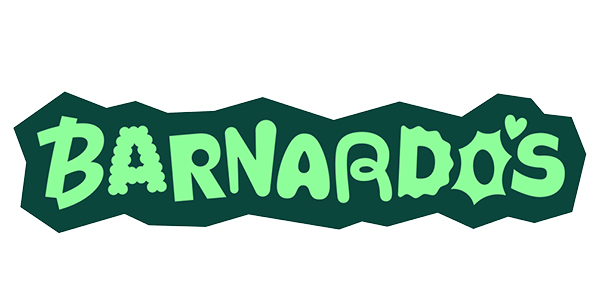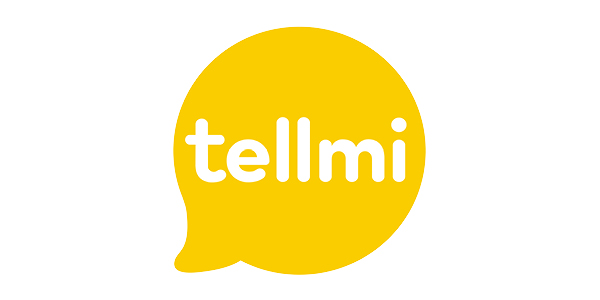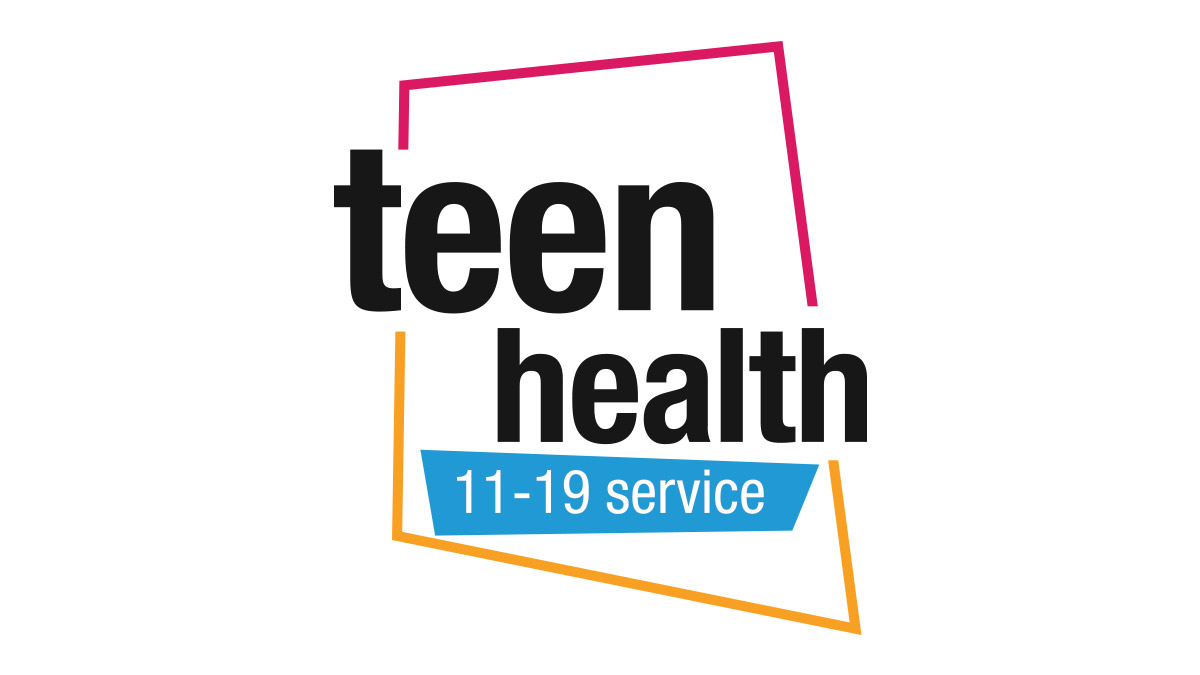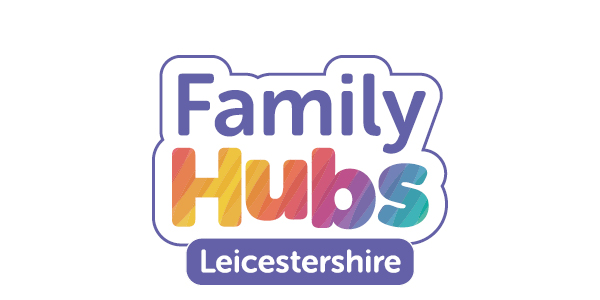Healthy Relationships and Friendships
Friendships are an important part of life. They help with a young person’s social skills, contribute to good mental health and help form their identity. However, for some young people friendships can be difficult to navigate. They are having to form key social skills like autonomy, emotional regulation, trust and respect to build strong friendships.
They also need to learn how to deal with poor relationships and friendships and recognising when they aren’t being treated fairly. These are skills that they are still learning throughout their childhood into adulthood.
As a parent it can be worrying and difficult to see your child unhappy with friendships and they may find it hard to tell you about any issues. Try checking in with them regularly about their day and keep an eye on their non-verbal indicators such as their actions and behaviours. Being open to always listen can ensure a visible line of communication with your young person.
Friendships form a major part of a young person’s life. Therefore, sometimes the issues adults can see as a small issue can have a big part of their friendship experience. If there are problems happening in school with relationships and friendships, it is best to talk to the pastoral team, tutor or teen health officer who will be able to help.
Use the links below to find trusted support on this topic. Additionally, encourage your child to use the Health Topic pages for their relevant age group here on Teen Health. They can find more tips and resources to help them.


